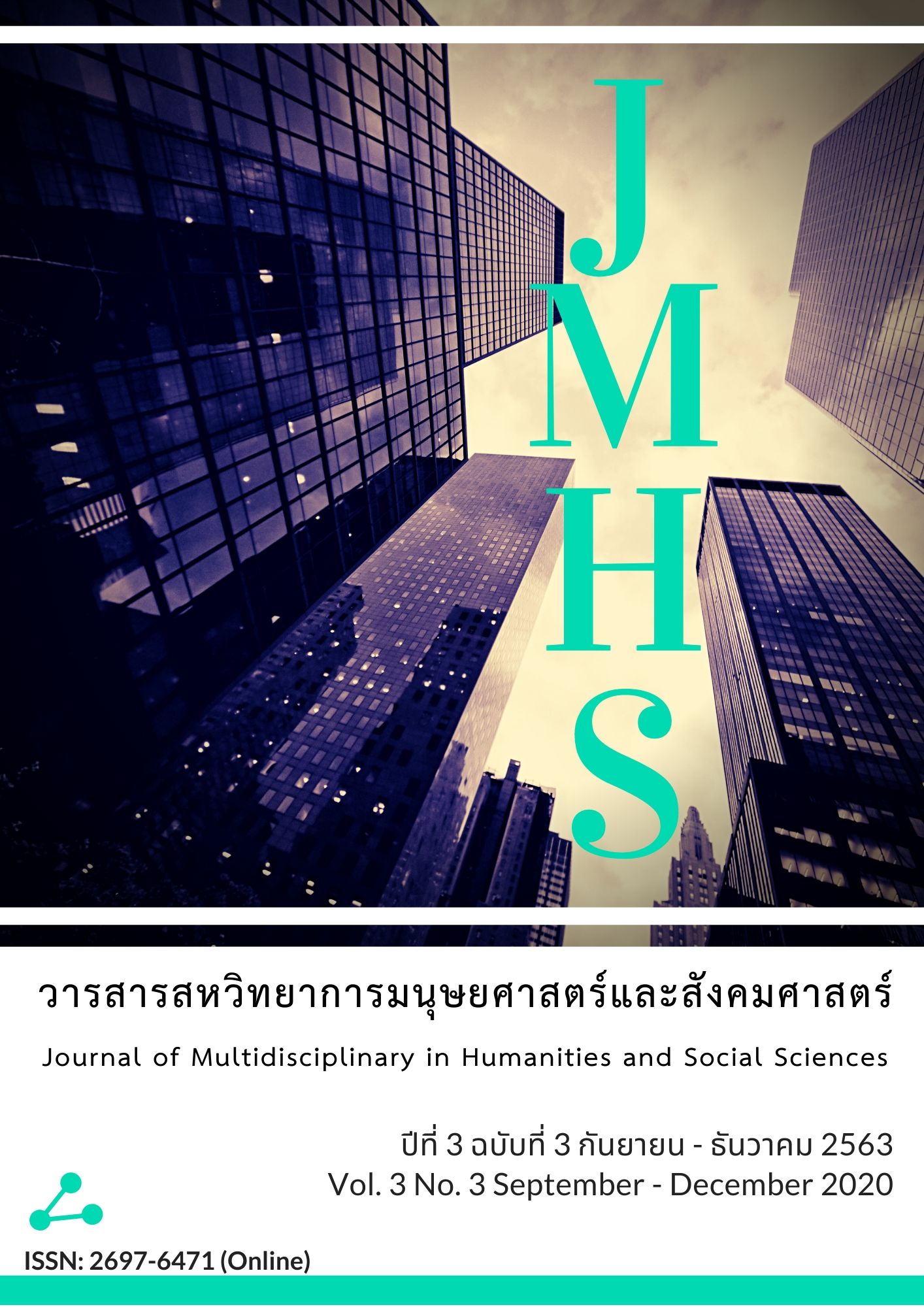The concept of philosophy of education higher education
Main Article Content
Abstract
The purpose of this study was to study the comparison, synthesis, development, and modeling philosophy of education higher education. The study was a survey research. A sample of 177 cases was drawn from support personnel who are currently working in the Faculty of Education, Ramkhamhaeng University, by using a table of Krejcie and Morgan, simple random sampling. Data were collected by questionnaire, a multiple-choice questionnaire with 6 selections with an IOC of 0.96. Data were analyzed using frequency distribution to find percentage and test Chi-square. The results of the study were as follows:
- It was found that as a whole is inclined towards reformism educational objectives Inclined towards existentialism in curriculum, leaning towards reformism, instructor leaning towards Buddhist philosophy, learner leaning towards prosperity Institution Inclined towards reformism in the teaching and learning process Inclined towards popular reform measurement and evaluation Inclined towards reformism.
- Comparison of personnel with status and educational background differences in educational philosophical concepts differed significantly at the .05 level, while the work experience was significantly different at the .05 level.
- The result of the synthesis of new concepts Educational objectives Existentialism in curriculum for educational institutions in the teaching and learning process and evaluation and evaluation Reformist doctrine of Buddhist doctrine, learners, doctrine, prosperity, popularity.
- The result of creating an educational management model. And the teaching and learning management of the Faculty of Education as a whole and the majority It is a reformist doctrine, while the teachings are Buddhism, philosophy and learners are a doctrine.
Article Details
Views and opinions appearing in the Journal it is the responsibility of the author of the article, and does not constitute the view and responsibility of the editorial team.
References
กระทรวงศึกษาธิการ. (2551). หลักสูตรแกนกลางการศึกษาขั้นพื้นฐาน พ.ศ. 2551. กรุงเทพฯ: ชุมนุมสหกรณ์การเกษตรแห่งประเทศไทย.
จิตรกร ตั้งเกษมสุข. (2525). พุทธปรัชญากับปรัชญาการศึกษาไทย. กรุงเทพฯ: สำนักพิมพ์เคล็ดไทย.
ชวลิต สุทธิสิงห์. (2543). แนวคิดทางปรัชญาการศึกษาของผู้บริหารโรงเรียนมัธยม สังกัดกรมสามัญศึกษาในภาคใต้. วิทยานิพนธ์ศึกษาศาสตร์มหาบัณฑิต มหาวิทยาลัยรามคำแหง.
ทองปลิว ชมชื่น. (2528). ปรัชญาการศึกษานอกระบบโรงเรียน. นครปฐม: มหาวิทยาลัยศิลปากร.
ธำรง บัวศรี. (2527). ทฤษฎีหลักสูตร: การออกแบบและพัฒนา. กรุงเทพ ฯ: สำนักพิมพ์ธนรัชการพิมพ์.
บรรจง จันทรสา. (2522). ปรัชญากับการศึกษา. กรุงเทพฯ: สำนักพิมพ์ไทยวัฒนาพานิช.
ไพฑูรย์ สินลารัตน์. (2524). ปรัชญาการศึกษาเบื้องต้น (พิมพ์ครั้งที่ 5). กรุงเทพฯ: โรงพิมพ์จุฬาลงกรณ์มหาวิทยาลัย.
ภิญโญ สาธร. (2529). หลักการบริหารการศึกษา (พิมพ์ครั้งที่ 3). กรุงเทพฯ: สำนักพิมพ์วัฒนาพานิช.
ศักดา ปรางค์ประทานพร. (2526). ปรัชญาการศึกษาฉบับพื้นฐาน. ชลบุรี: มหาวิทยาลัยศรีนครินทรวิโรฒ.
ศุภร ศรีแสน. (2522). ปรัชญาและแนวคิดทางการศึกษา. กรุงเทพฯ: อภิชาติการพิมพ์.
เอกวิทย์ ณ ถลาง. (2523). รายงานการประชุมทางวิชาการเรื่องพระพุทธศาสนากับการศึกษาในประเทศไทย. กรุงเทพฯ: กรมการศาสนา.
Krejcie, R. V., & Morgan, D. W. (1970). Determining simple size for research activities. Educational and Psychological Measurement, 30(3), 607-610.


